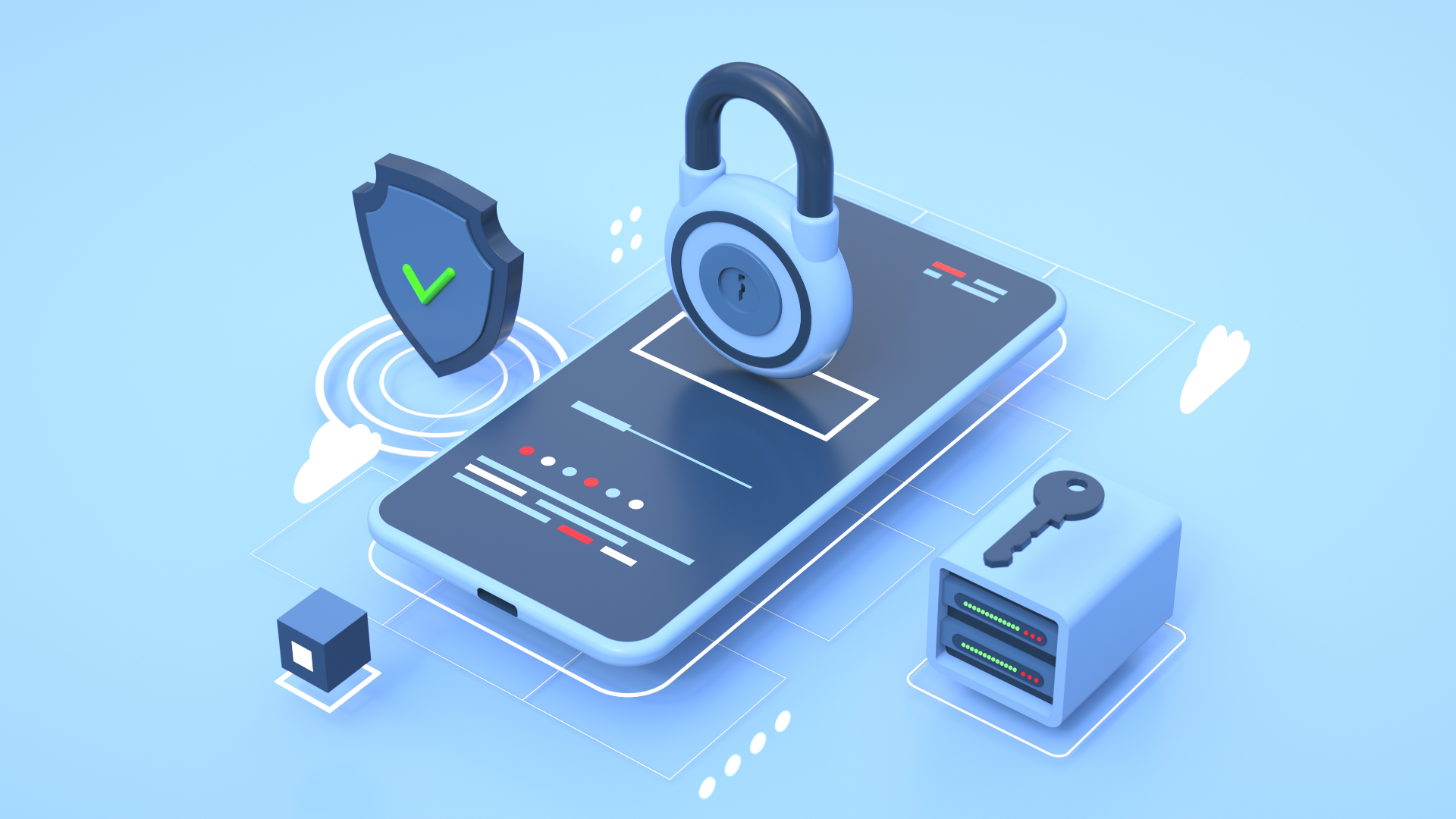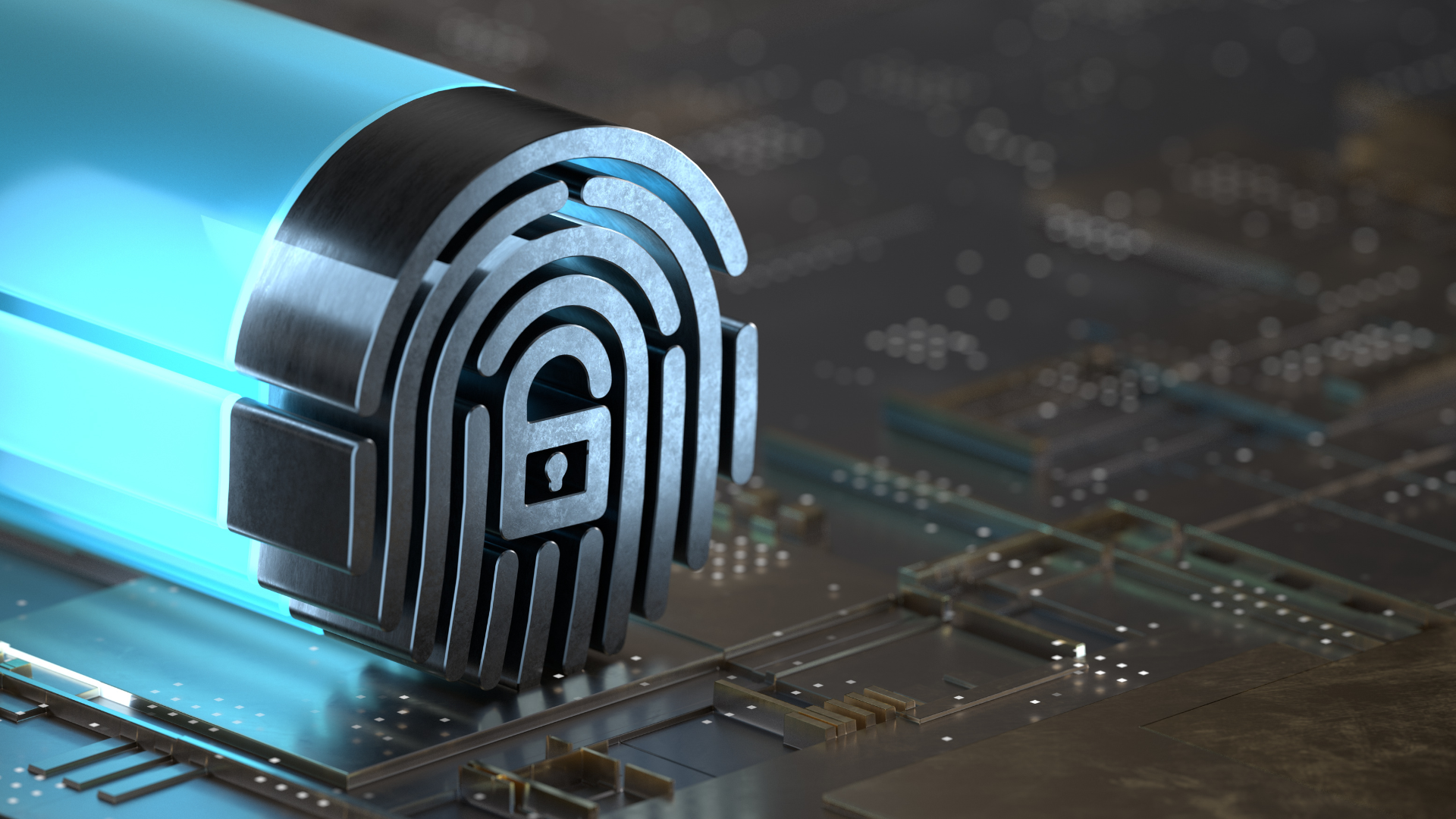Cybersecurity Awareness Training FAQs
If you’re looking for advice on how to keep your healthcare practice safe from cybersecurity threats, we can give you three things off the top of our heads:
Technology. Team. Training.
Most organizations understand just how important it is to be equipped with the most effective cybersecurity technology and to be supported by experienced cybersecurity professionals. It’s the third T that gets overlooked and underestimated most of the time.
Cybersecurity awareness training is often dismissed as unnecessary even before organizations get to know exactly what it’s for, how it’s done, and how it can potentially save an entire practice from falling victim to a malware attack.
Here are a few things you need to know about cybersecurity awareness training.
Why does my practice need cybersecurity awareness training?
There are two types of vulnerabilities that cybercriminals tend to exploit in order to penetrate your IT network: technical and human.
Your organization is likely addressing technical vulnerabilities with technology such as firewalls, antivirus and anti-malware software, multi-factor authentication, etc.
Human vulnerability, however, is where things get tricky because human error is the weakest link in the cyber chain.
In fact, the key takeaway from Verizon’s 2021 Data Breach Investigations Report (DBIR) is that 85% of data breaches in 2020 involved human interaction, and healthcare was among the top industries plagued by basic human error these past several years.
“I think it's very easy in security to forget that what we're securing is not the computer. What we're securing is the organization,” explains Gabe Bassett, a senior information security data scientist for Verizon and a co-author of this year's DBIR. “The organization is the people as well."
Implementing regular cybersecurity awareness training among your workforce is a vital way to keep your healthcare organization safe from increasingly sophisticated cyber threats. With effective training, you can equip every single person in your organization—from intern to CEO—with the knowledge needed to spot, respond to, and avoid cyber threats.
How is cybersecurity awareness training done?
Assess Your Practice
Cybersecurity experts identify the technology and devices you use and need in your practice. By knowing what you use, they can identify and zone in on the potential vulnerabilities your practice is exposed to.
If, for example, your practice relies heavily on email communications and receives direct instructions via email, your staff may be vulnerable to highly targeted
phishing attacks.
Identify Your Needs
By looking into the information gathered from the previous step (assessment), your cybersecurity partner can properly identify the areas you would need training on, the method of training that’s most effective, and the approach they can take when implementing it.
For example, when cybersecurity experts learn that your practice is vulnerable to phishing attacks, they can identify whom among your employees require the most attention and how cybersecurity awareness is best applied in their roles within the organization.
By knowing what your cybersecurity training needs are, your cybersecurity partner can create a comprehensive and highly effective training plan to meet them. Such training needs can be identified and categorized based on your practice operations, various staff roles, user access, etc.
Train Your Staff
Using the information gathered in the first two steps of the process, cybersecurity experts then proceed to conduct training sessions with your workforce. The content, approach, and frequency of these sessions will vary depending on the designed training plan as well as the organization’s preference.
Many organizations enjoy training sessions done in person, such as in a classroom setting. However, some organizations—particularly those with remote operations—may find that computer-based training works best for them. A cybersecurity partner trains your workforce by taking into consideration factors such as these.
Check Your Understanding
While a one-time cybersecurity training session can be done, it’s not a setup widely recommended by experienced cyber professionals. Your cybersecurity training program isn’t designed to be a one-time thing.
An important part of the program is when your cybersecurity partner ensures that your team understands what was discussed during training and can effectively apply their learnings in real-life scenarios.
One of the ways this is done is through regular audits and assessments. Such checks allow experts to identify learning gaps among your workforce and allow them to address these gaps promptly.
For example, cybersecurity experts can periodically launch
simulated phishing campaigns within your practice to help gauge your employees’ awareness of cyberattacks, assess how they respond to these attacks, and identify members who need further training.
Plan
If you have a cybersecurity partner, you’ll probably notice that one of the best things about it is having an entire team of cybersecurity experts looking out for your healthcare practice. They not only train you to avoid cybersecurity attacks, they also help you know what to do and how to react if one does occur.
This is called an incident response plan or a contingency plan, and a trusted cybersecurity partner can design one for your practice. They will also make sure that your incident response plan is regularly updated depending on your practice’s cybersecurity needs as well as the emerging threats that your organization may be exposed or vulnerable to.
How often is cybersecurity awareness training done?
How often cybersecurity awareness training is done actually depends on your healthcare practice’s needs.
For some organizations, cybersecurity awareness training is conducted at least once a year in the form of a one-time 20-minute session. For others, a comprehensive training program is conducted throughout the year.
A 2020
study on UK companies running phishing simulations found that 40 to 60% of their employees were likely to open malicious links or infected attachments. However, the report also stated that the employees’ behavior toward email were greatly affected by consistent cybersecurity awareness training.
Based on the follow-up testing done during the study, the percentage of employees who fell for phishing attacks dropped after several months of cybersecurity awareness training. In more specific figures:
- The percentage dropped to 20% to 25% after approximately 6 months of training.
- The percentage dropped to 10% to 18% after further training of three to six months.
Who can provide cybersecurity awareness training?
A lot of companies may offer cybersecurity solutions, but not all of them can effectively plan, implement, and follow through on a cybersecurity awareness training program for a healthcare facility like yours.
You may find countless IT companies in your area, but you need to remember that IT companies don’t always offer cybersecurity awareness training. Don’t settle with a generic IT company—you need to look for a trusted
cybersecurity partner that specializes in healthcare organizations.
As a healthcare facility, cybersecurity awareness among your workforce is vital. Your practice’s security, operations, and HIPAA compliance all hang in the balance.
It’s going to take more than a generic Internet safety lecture to ensure the cybersecurity of your organization. You need to partner with a cybersecurity company that has the experience and expertise in healthcare cybersecurity and in HIPAA compliance.
Your Healthcare Cybersecurity Partner
ER Tech Pros provides a robust cybersecurity training suite aimed at educating and equipping healthcare practice employees with the knowledge that they need to properly spot, respond to, and steer clear of potential cyber threats.
If you’re not sure how you can get started with introducing cybersecurity in your healthcare practice, our team of highly trained cybersecurity experts can help you out!
Search Articles
Healthcare & Tech Articles

ER Tech Pros is a managed service provider (MSP) that specializes in catering to the IT needs of businesses across the globe. We have offices in Sacramento and the Greater Fresno area.
We use our cutting-edge technology, extensive experience, and global team of technology experts to ensure your IT network is in its most secure and optimal state.
We focus on your IT so you can focus on growing your company.
8795 Folsom Blvd, Ste 205
Sacramento, CA 95826
1501 Howard Rd, Ste 2
Madera, CA 93637
(855) ER-TECH-1 / (855) 378-3241
info@ertech.io
Resources
Search this Site
ERTech Pros | All Rights Reserved.













